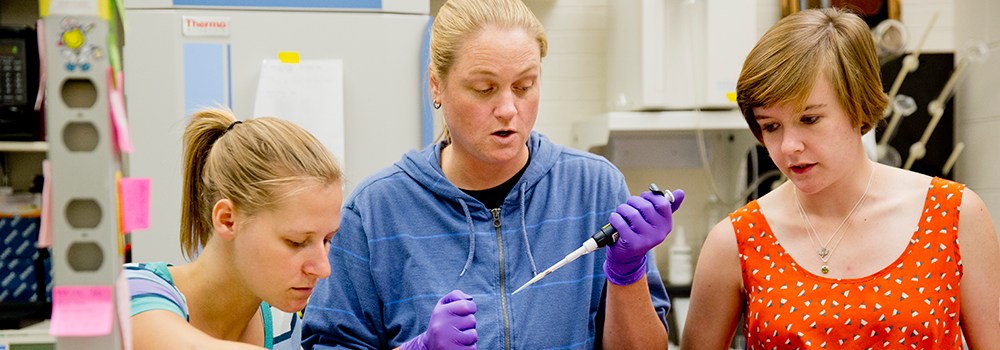The donor-advised fund (DAF) is an increasingly popular way to make a charitable gift. Donor-advised funds
can provide you with immediate tax benefits while making your charitable giving easier.
“When our financial advisor suggested we consider establishing a donor-advised fund it took us a moment to understand all the benefits. Ours was easy to establish. It’s also very simple to maintain and allows us to donate to charities of our choosing, like Bates.” – Sean Ryan ‘85, P’23
How it Works
You establish a donor-advised fund at a sponsoring charity. This could be a community foundation, a public charity, or even one of the well-known financial services companies. Then, make an initial contribution to start your fund. You can contribute cash, appreciated securities like stocks or bonds, and potentially other assets. You’ll get an immediate income tax charitable deduction for your contribution that could reduce your taxes if you itemize.
Once established and funded, you can recommend that your favorite public charities, such as Bates College, receive grants from your donor-advised fund. Consider the following simple options to ensure future support for Bates, or see the list below for unique strategies for using your fund.
Name Bates as a Beneficiary
Often, donors overlook naming a beneficiary for their donor-advised fund. Doing so is an important step that ensures the remainder in the fund will be distributed according to your wishes. You can do this by contacting your fund administrator. You have the option of naming Bates the beneficiary of the entire account or a percentage of the fund.
Name Successors to Continue Your Legacy
Name your loved ones as your successor to continue recommending grants to charitable organizations such as Bates. This way, the funds can grow to support future family philanthropy. Families can build a tradition of giving and teach their children the values of philanthropy by involving them in the decisions about grants to recommend.
Strategies for Using Your Fund
- Use complex assets: If you have real estate, closely-held stock, or tangible personal property that you would like to donate to a charity that is unable to accept these types of gifts, consider donating them to your donor-advised fund.
- Increase charitable resources tax-free: Your charitable dollars continue to grow through investment before they are granted, which makes more money available for grant-making. Moreover, you will not be taxed on any growth to the assets belonging to the donor-advised fund’s charitable sponsor.
- Plan ahead for retirement: A donor-advised fund can provide a reserve of assets that allows you to make more charitable gifts in strong financial years and continue support of your giving priorities in leaner years. This can allow you to maintain annual support during retirement.
- Recommend recurring gifts: You can set up a plan to recommend grants to Bates on an ongoing monthly, quarterly, semiannual, or annual basis.
- Consider your timing: Gifts from a donor-advised fund can take longer to arrive at your charity choice than a gift by credit card or mail. If you plan to recommend a gift during the Bates fiscal year—which ends on June 30—make sure to initiate the process with your fund in May to allow ample time.
You can select the option that best suits your philanthropic and financial goals to support the Bates College. Just contact your Donor-Advised Fund administrator to recommend a grant to Bates or to discuss a succession plan.
If you include Bates College in your plans, please let us know and be sure to use our legal name and federal tax ID.
Legal Name: President and Trustees of Bates College
Address: 2 Andrews Road, Lewiston, Maine, 04240
Federal Tax ID Number: 01-0211781
Bates College is grateful for grants that come from Donor-Advised Funds. If you are considering establishing a Donor-Advised Fund, we can suggest several sponsors for your review. You should also consult your professional advisor for guidance.
